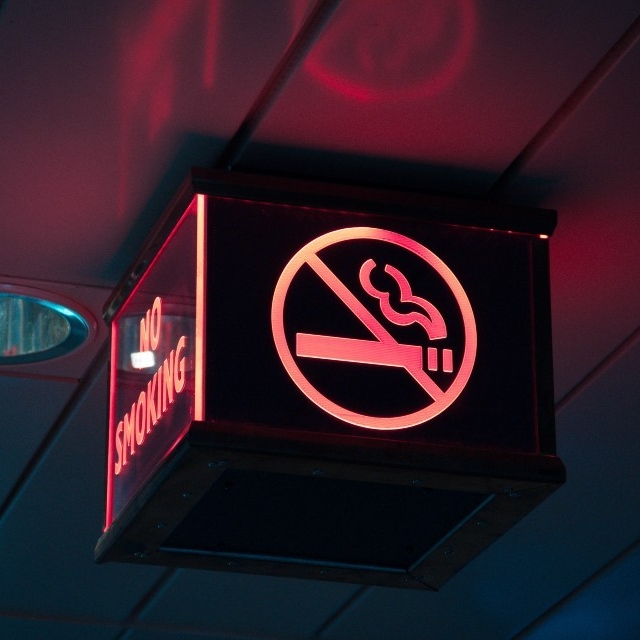article
Resources for quitting smoking or vaping
What can I do to quit smoking?
There are plenty of resources to help you quit smoking.
Many smokers who quit do so on their own with self-help resources, with quit smoking aids or with the help of a professional.
Where can I get help to quit smoking?
Concordia students, staff and faculty can meet with a health promotion specialist for free one-on-one smoking cessation counselling. Concordia employees covered by the Sunlife health plan can also choose to use the Can Quit program (at no cost), which offers coaching, support, and follow-up over a 6-month period.
You can book an appointment with a doctor to discuss medications that can help with cravings.
You can get support from a pharmacist, including getting nicotine replacement products to ease the transition. Book through Clic Santé.
You can get telephone support from quit smoking specialists by calling the I Quit Now hotline: 1 866 JARRETE (527-7383).
Everyone in Quebec can get in-person, professional support from the Quit-Smoking Centre (type in your postal code at the bottom of the page to find the centre nearest you if you live in Montreal).
There are many resources are available to support you in making this important change!


